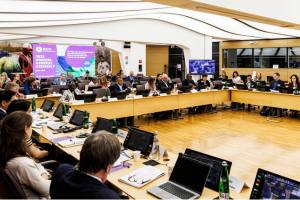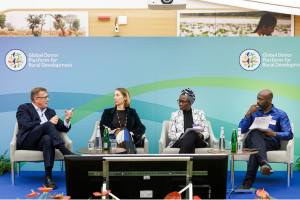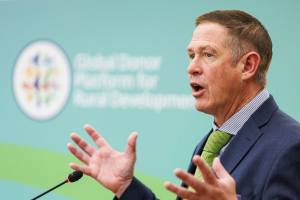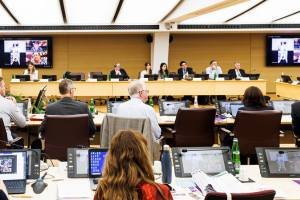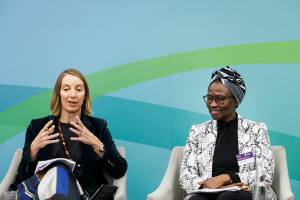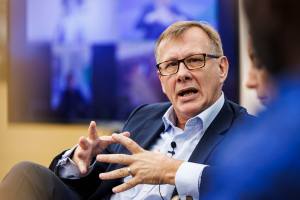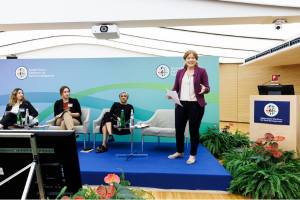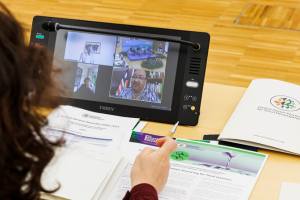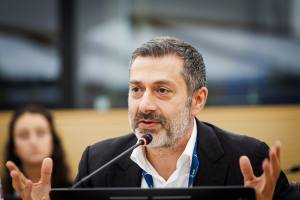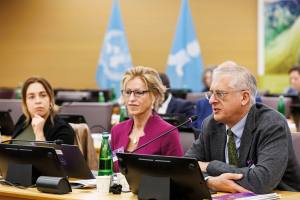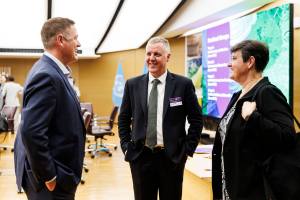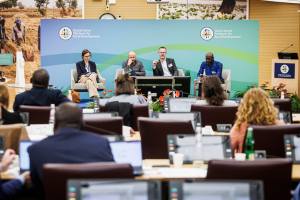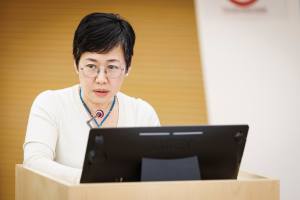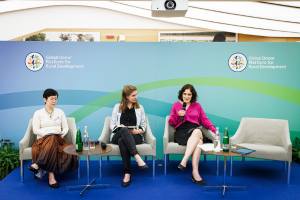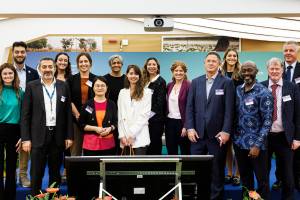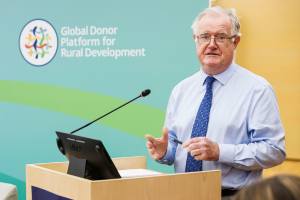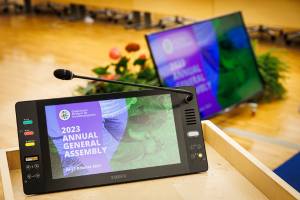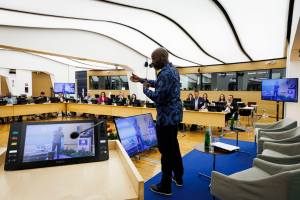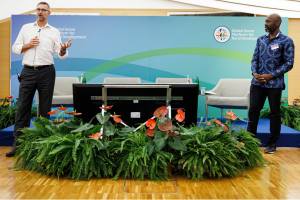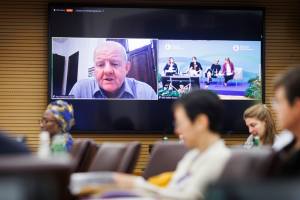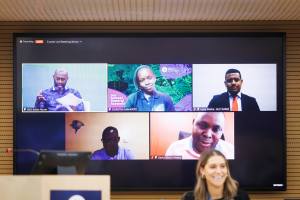26-27 October 2023 | IFAD HQ, Rome Italy and Zoom
The 2023 Annual General Assembly (AGA) took place over two days, on 26-27 October 2023, and coincided with the Donor Platform’s 20th anniversary, a milestone reflected in the theme “20 Years of rural development and aid effectiveness: Where are we now and where are we going?”.
Links
AGA background paper
Main report of workstream on country-level donor coordination
Initial summary from enquiry on sustainable/innovative financing for food systems transformation by the Shamba Centre of Food & Climate
AGA 2023 sessions
Background
Over the last 20 years, there have been major advances and renewed focus on rural development, with momentum provided by the 2015 Millennium Development Goals, the 2030 Sustainable Development Goals, and the 2021 UN Food Systems Summit. Nevertheless, in the face of such important advances, development assistance has also substantially changed; new emerging economies have challenged traditional approaches, and financial resources for food systems have shrunk.
This year, upon the 20th anniversary of the Platform, donors will be invited to reflect on how the Aid Effectiveness Agenda has changed the way they work on food systems.
This AGA will be an informative and participatory event, where donors and others (including representatives from partner/developing countries, private sector and foundations, civil society, among others) will engage in a series of thought-provoking questions and discussions. These conversations will be built around the themes of the Aid Effectiveness Agenda, balancing emergency responses and long-term sustainability and resilience measures, donor approaches, and stakeholder engagement.
Specifically, the AGA will seek to address the following fundamental questions:
- How has aid effectiveness changed development cooperation in agriculture, rural development and food systems? What were the main impacts and challenges, including what has or has not worked? How has the Food Systems Summit, and the Donor Platform’s participation, improved the shared understanding of what food systems are?
- In terms of donor approaches:a. How have donors adapted their activities to respond to persistent and enduring rural development issues (e.g. climate change, biodiversity loss, conflict, pandemics and other crises)?b. What further transformations will be needed in the future (e.g., innovative financing mechanisms, new technologies, approaches and partnerships)?c. How can donors ensure that forward-looking strategies and proposals from global forums, such as the Food Systems Summit (and its July 2023 ‘stocktaking moment’), drive country-level programme planning?
- In the face of future global crises, how can the GDPRD help donors coordinate their long-term development strategies?
- How can the GDPRD help donors to better engage with partner countries, i.e. those that donors actually target – and in particular with youth and women?
- How can the GDPRD assist donors in prioritizing greater climate adaptation and resilience as well as biodiversity in their strategies and actions on agriculture, rural development, and food systems?
This event will build the GDPRD’s capacity to strategically influence the international development agenda, through innovative approaches rural development in a food system approach.
At the end of the session, participants are expected to:
- Understand how the principles of the Aid Effectiveness Agenda have changed and influenced international and country-level policies and strategies on food systems, agriculture and rural development;
- Assess how to adapt financing models to the changing landscape, including through the adoption of innovative approaches (e.g. the use of blended finance);
- Be equipped to engage in conversations on how sustainable financing and technological innovations can advance food systems transformation;
- Understand the current landscape of data for agricultural development and food systems; and
- Be better informed on potential avenues for increased donor collaboration at country-level.
AGA 2023 photos: ©IFAD/Flavio Ianniello

